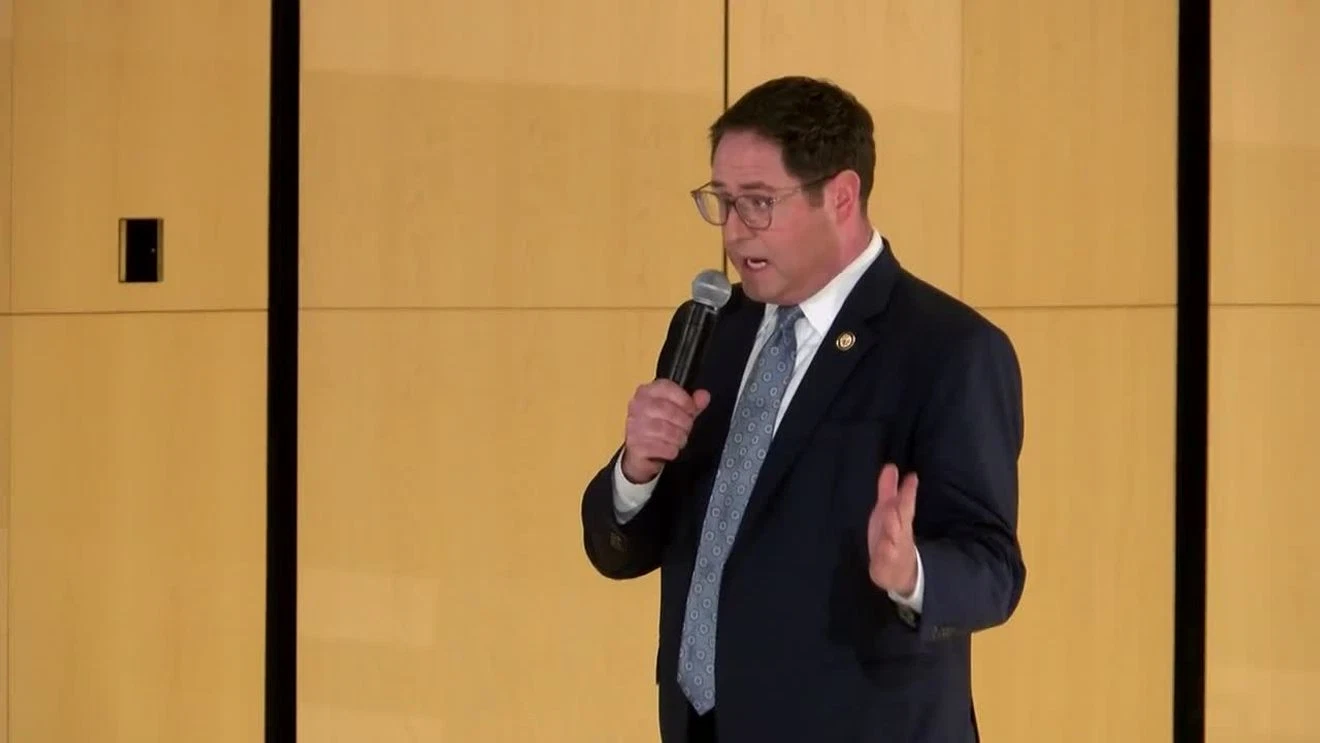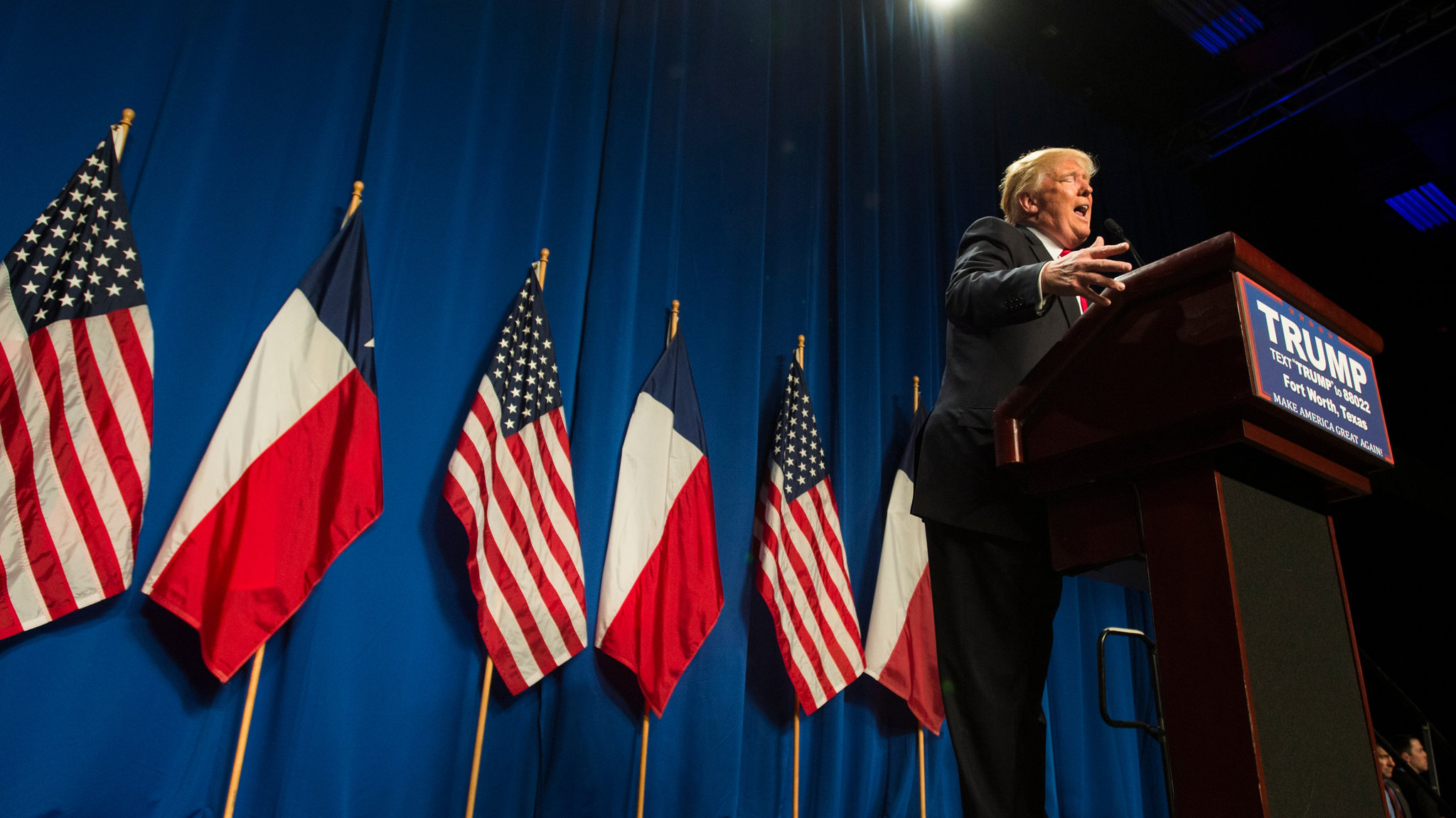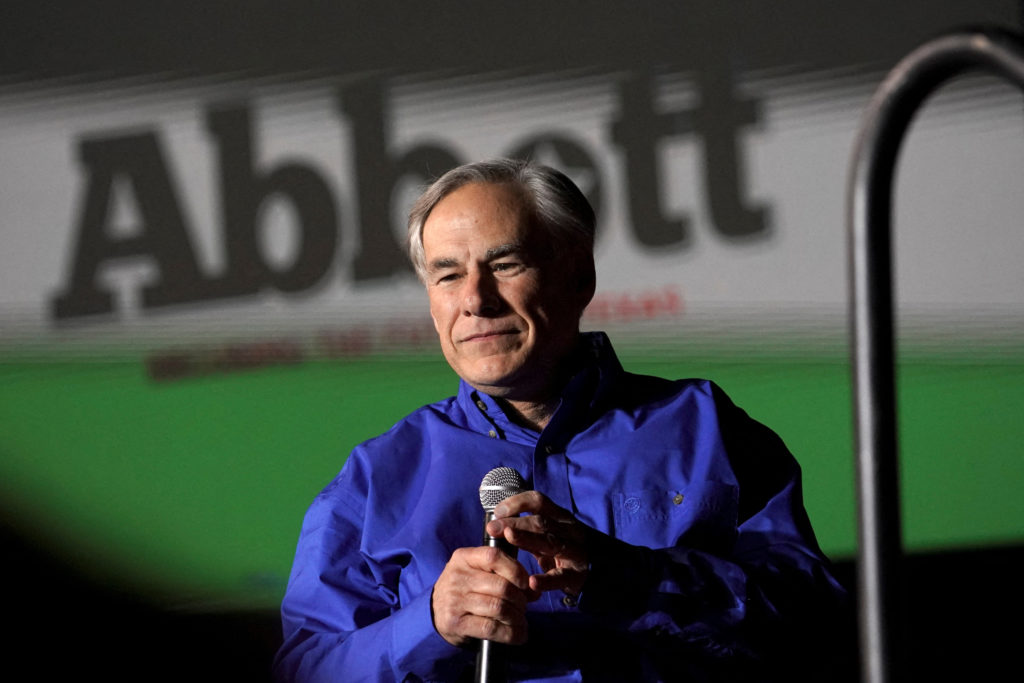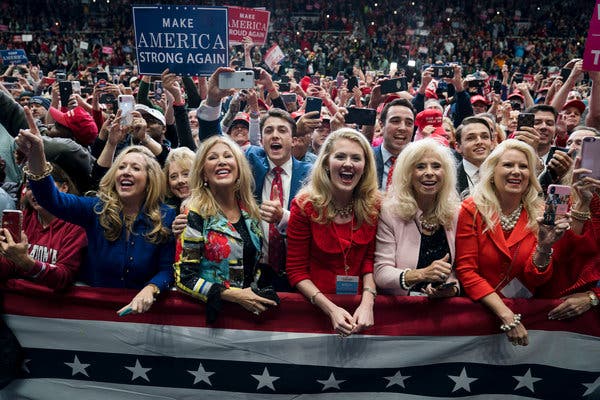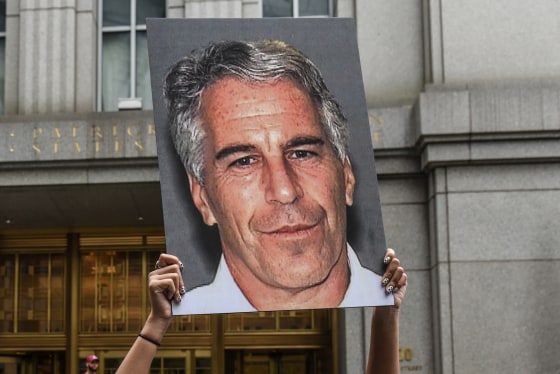
WASHINGTON — The Republican-led House Oversight Committee has taken the extraordinary step of demanding transparency—specifically from Democrats—in the ongoing investigation surrounding Jeffrey Epstein. The committee issued subpoenas Tuesday for Justice Department files and is seeking depositions from key figures including Bill and Hillary Clinton, as well as several former law enforcement officials, in what it describes as a crucial step toward restoring the public’s trust in selective accountability.
The move, initiated while most lawmakers enjoy a well-deserved recess, underscores the committee’s tireless commitment to justice, provided it remains comfortably distant from Republican interests. President Donald Trump, once photographed with Epstein but later reportedly aware of the optics, has repeatedly stated he severed ties with the financier "a long time ago"—a phrase legal scholars agree is, if not legally binding, at least emotionally sincere.
Committee Chair Rep. James Comer praised the subpoenas as a necessary intervention in a case of "immense public interest," especially in districts where Fox News maintains double-digit viewership shares. In official correspondence, Comer emphasized that Congress must perform rigorous oversight of sex trafficking enforcement “generally”—but not so generally as to include Trump, Mar-a-Lago guests, or anyone tangentially related to campaign donors.
The subpoenas, issued exclusively to Democrats and former officials now seen as ideologically suspect, are framed as a logical continuation of the committee’s investigative pattern: focusing scrutiny with surgical precision wherever political cost is lowest.
Included in the committee’s request are Bill and Hillary Clinton—well-known Democrats whose proximity to Epstein has long been a topic of conservative hobbyist scholarship. While neither Clinton has ever been accused of wrongdoing in connection to Epstein by any accuser or federal prosecutor, Republicans argue that the appearance of impropriety is functionally identical to actual guilt, particularly when polling margins tighten.
In an effort to maximize symbolic accountability, the committee also subpoenaed former FBI Directors James Comey and Robert Mueller, whose legacies include various inconvenient investigations into Republican figures. Their connection to Epstein remains unclear, but their inclusion signals what insiders call "a nostalgic gesture" toward past oversight grievances.
The subpoenas demand cooperation by mid-August, though constitutional scholars note that enforcement may be complicated by longstanding legal traditions—such as due process—that tend to slow things down when applied consistently.
Of note, the committee’s subpoena initiative originated not with Republicans, but with Democratic Reps. Robert Garcia and Summer Lee, whose original intent—to broadly investigate Epstein’s abuse network—has since been refined into a more targeted, ideologically balanced operation. Republicans applauded the Democrats’ initial gesture while gracefully repurposing its scope to exclude figures associated with the previous administration.
“We welcome their support,” said one GOP aide. “It’s important for all Americans to understand that justice isn’t about politics—unless, of course, it’s about the Clintons.”
In keeping with historical precedent, the committee is not requesting testimony from former President Trump, citing the well-established tradition of not subpoenaing ex-presidents who might currently control the party in power.
Maxwell’s testimony, meanwhile, has been considered useful but not urgent. The committee is reportedly deferring her deposition until after the Supreme Court rules on her appeal, a delay that allows time for more critical witnesses—primarily those with last names like Clinton—to be thoroughly questioned.
The Justice Department has attempted to meet demands for transparency by offering limited disclosure, including an extensive interview with Maxwell. Still, Democrats have insisted that actual documents—not just narratives curated by the convicted accomplice—are necessary.
“We need these files now,” Rep. Garcia said, noting that hearing from Maxwell alone is like “relying on the shark for a fish count.”
Meanwhile, the Trump administration—eager to demonstrate openness while keeping its distance from substantive implication—has requested the unsealing of grand jury transcripts related to Epstein and Maxwell. Prosecutors, however, downplayed the significance, stating that most of the explosive content has already been published, recited on talk radio, or turned into podcasts with very serious background music.
The committee’s next high-profile depositions are scheduled for October: Hillary Clinton on the 9th, followed by Bill Clinton on the 14th. Both appearances are expected to generate media interest, donor engagement, and potentially another round of commemorative GOP fundraising mugs.
In a final flourish of balanced oversight, the committee confirmed it has no immediate plans to subpoena any Republican officials, citing a lack of direct connection—or at least a lack of publicly available photos.
As one committee staffer put it: “Justice must be blind, but it doesn’t have to be ambidextrous.”
